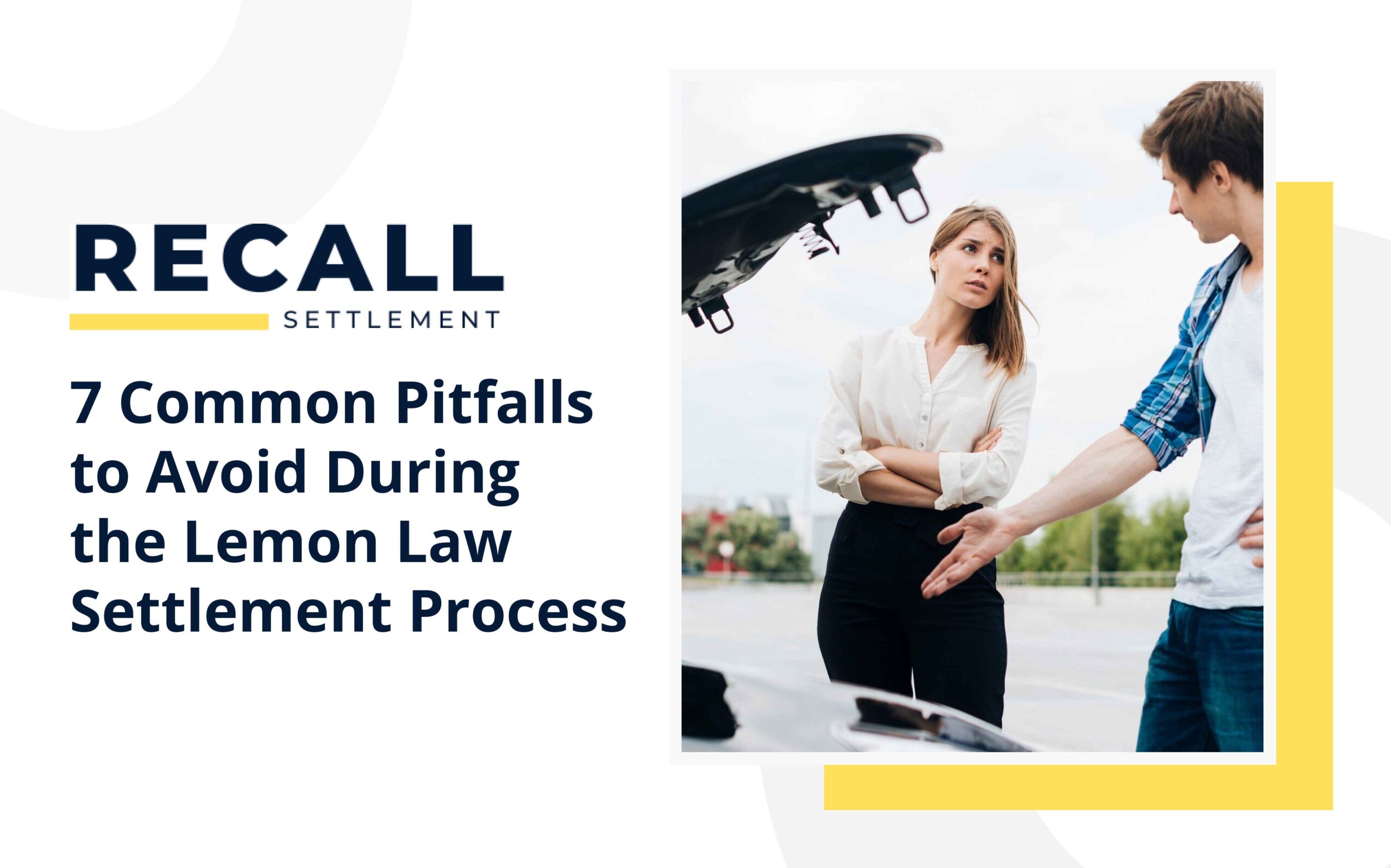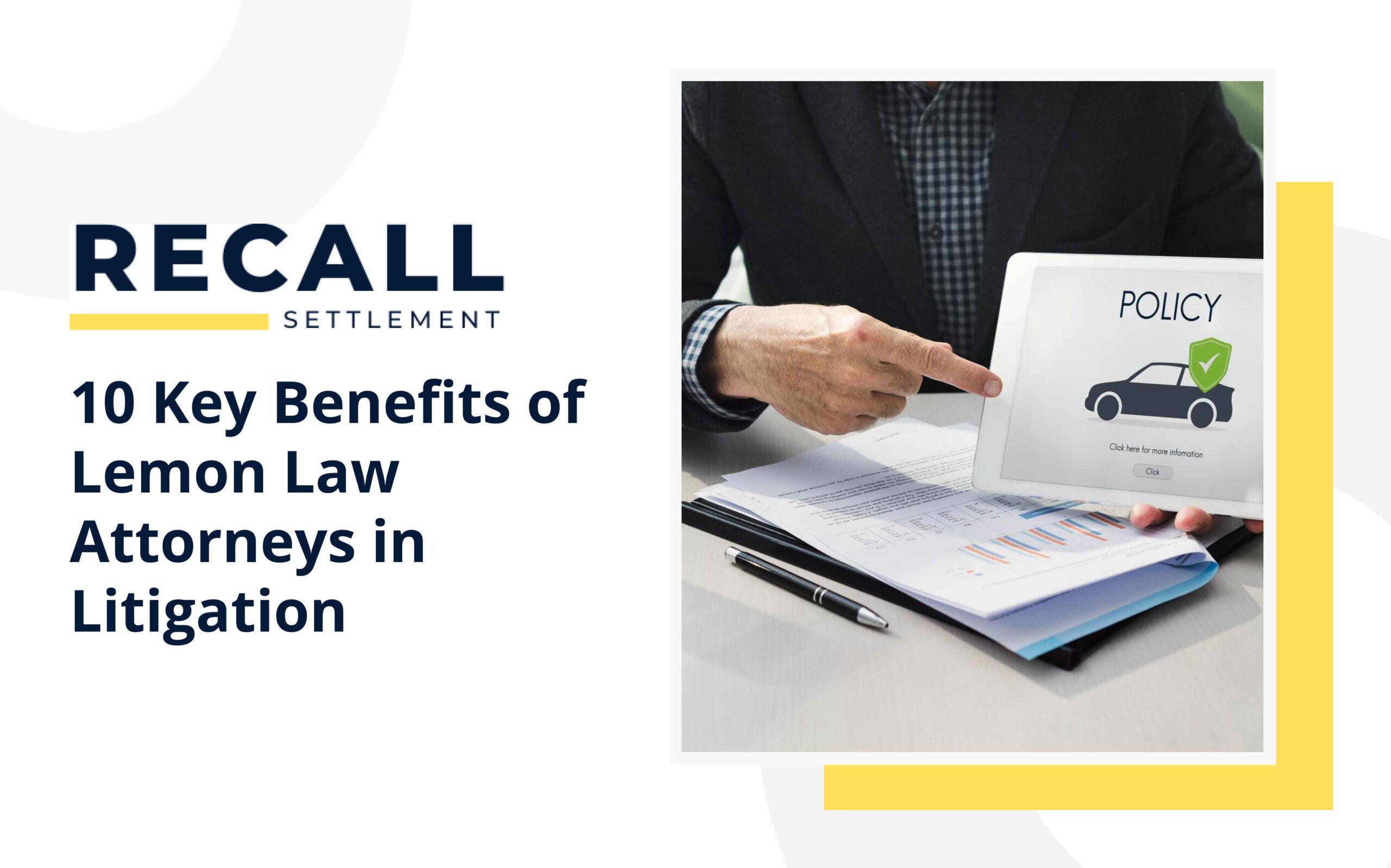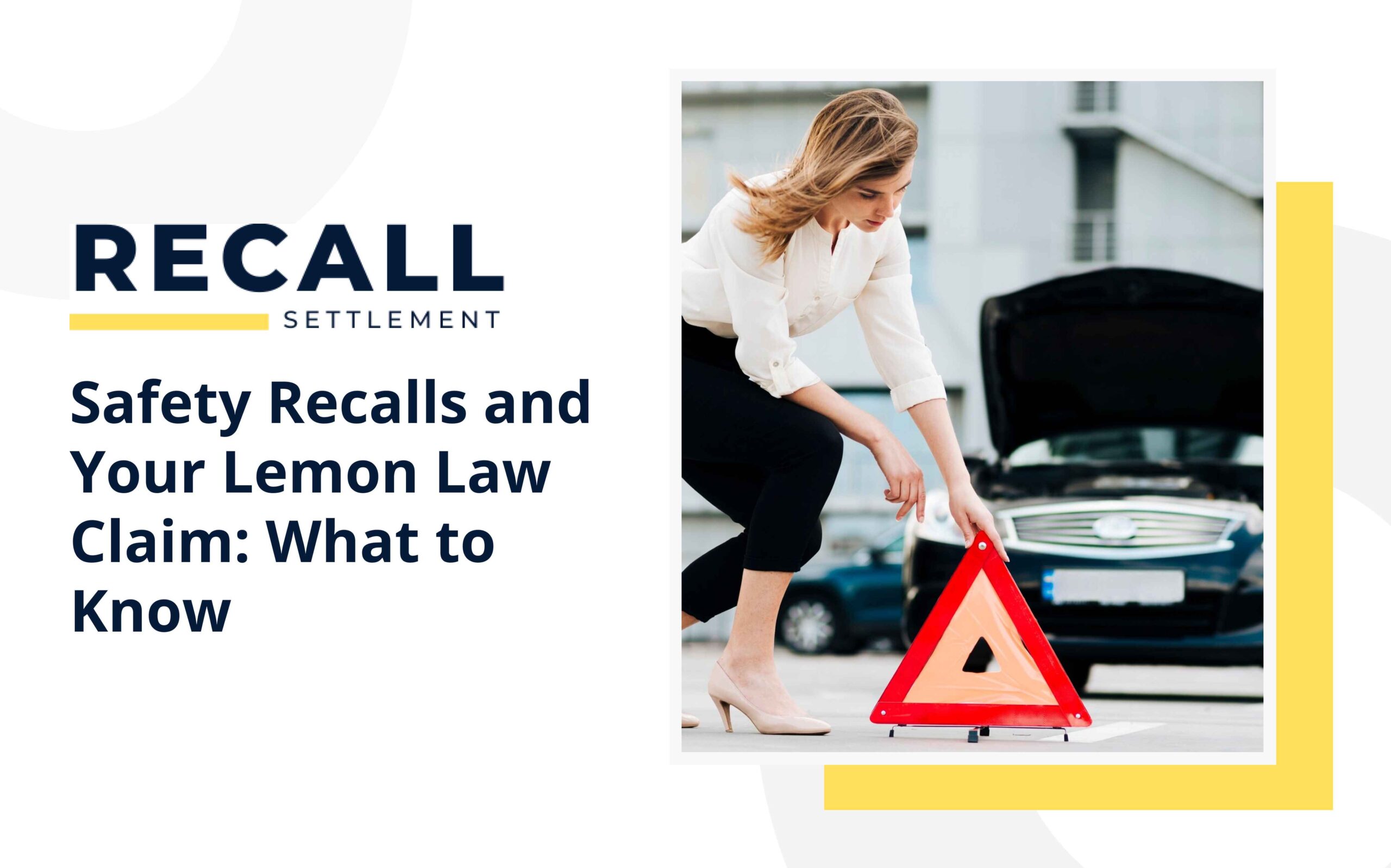Good communication is really important when dealing with lemon law claims. Car dealerships need to be ready to handle these situations well. Let's look at 10 ways dealerships can talk effectively during lemon law claims, along with some helpful tips for these tricky situations.
Key Takeaways
| Strategy | Description |
|---|---|
| Clear Communication Channels | Set up special phone lines and email addresses for lemon law claims |
| Staff Training | Make sure team members know all about lemon law procedures |
| Documentation System | Keep good records of all repair attempts and customer talks |
| Transparency | Give customers clear, written info about the lemon law claim process |
| Proactive Approach | Fix potential problems before they turn into lemon law claims |
Understanding Lemon Laws and Their Impact
Lemon laws protect people who buy cars that don't work right. These laws are different in each state but usually make car makers buy back or replace cars with big problems that can't be fixed after trying a few times. These laws can really affect dealerships, changing how customers see them and sometimes leading to legal issues.
Some car brands have more lemon law claims than others, so dealerships need to be extra ready when selling these cars. Knowing which models might have problems can help dealerships prepare their staff better and try to prevent issues.
1. Set Up Clear Communication Channels
Create special phone numbers or email addresses just for lemon law claims. This shows customers you're taking their problems seriously and helps make the process smoother. Having specific ways to contact you about these claims means trained staff can handle these sensitive issues quickly and well.
2. Train Staff on Lemon Law Procedures
Make sure your team knows all about lemon laws in your state. This knowledge will help them answer customer questions confidently and correctly. Regular training and updates on lemon law changes can keep your staff informed and ready to handle any situation that comes up.
Some cars, like the Chevrolet Bolt, have had big recall problems. Staff should know how to handle questions about these specific models, including any recall info or special steps that might apply.
3. Use a Good Documentation System
Keep detailed records of all repair attempts and talks with customers. This documentation is really important if a lemon law claim goes to a judge or mediator. A good digital system can help organize and easily find all necessary information, making sure nothing gets lost during the claims process.

4. Give Clear Information to Customers
Be honest about the lemon law claim process. Give customers clear, written information about their rights and the steps involved in making a claim. This openness can help build trust and make customers less frustrated during what can be a stressful time for them.
For cars like the Chevrolet Bolt, be open about any compensation programs available. Giving this information upfront can show that your dealership cares about customer satisfaction and fair treatment.
5. Be Proactive About Vehicle Issues
Don't wait for problems to get big. Do regular quality checks and fix potential issues before they become lemon law claims. This can save time, money, and keep customers happy. Think about doing extra checks before selling a car to find and fix any possible problems.

6. Create a Special Lemon Law Team
Make a team just for handling lemon law claims. This team should be well-trained in solving conflicts and making customers happy. Having a special team means you can handle lemon law cases consistently and become experts in managing these tricky situations.
Having a dedicated team shows customers you're serious about fixing their problems. This can lead to faster solutions and happier customers, even in tough situations.
7. Use Customer Feedback to Get Better
Use surveys and feedback forms to learn about customer experiences. This information can help you spot and fix common problems before they turn into lemon law claims. Regularly look at this feedback to see patterns and make your sales and service better.

8. Build Good Relationships with Car Makers
Keep in touch with car manufacturers. This can help you solve problems faster and better. Good relationships can lead to more support during lemon law claims, potentially making solutions quicker and better for everyone involved.
Stay up to date on manufacturer policies about lemon law claims. This knowledge can be really helpful when dealing with complex cases and asking manufacturers for help.
9. Offer Other Ways to Solve Disputes
Think about offering mediation or arbitration services. These can often solve problems faster and cheaper than going to court. By offering these options, you show you're willing to find fair solutions and maybe avoid long legal battles.

10. Keep Up with Lemon Law Changes
Laws and rules change. Make sure your dealership knows about any changes to lemon laws in your state. This ongoing learning ensures that your policies and procedures stay correct and effective in handling lemon law claims.
Regularly check and update your lemon law policies and procedures. This helps keep your practices the best they can be and makes sure your dealership is always ready to handle lemon law claims well and fairly.
Key Takeaways for Effective Lemon Law Communication
Key Points About Lemon Laws
- Lemon laws protect consumers who buy defective vehicles
- Laws vary by state but generally require manufacturers to repurchase or replace faulty vehicles
- Vehicles must have significant defects that can't be fixed after several repair attempts
- Consumers should document all repair attempts and keep detailed records
- Some states have lemon laws for used cars still under warranty
- The federal Magnuson-Moss Warranty Act provides additional consumer protections
- Lemon law claims can result in refunds, replacements, or cash settlements
- Consulting an experienced lemon law attorney can help navigate the process
Conclusion
Good communication is super important when dealing with lemon law claims. By using these strategies, dealerships can handle these situations better, keep customers happy, and protect their reputation. Remember, the goal is to fix problems quickly and fairly, which is good for both the customer and the dealership. Using these strategies all the time can lead to better handling of lemon law claims, less legal risk, and more customer trust in your dealership's commitment to quality and service.




